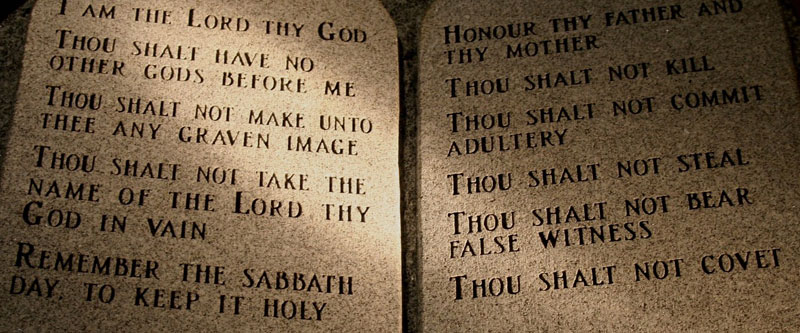“It is a pity that saints should be so fond of life as they often are: they ought to be always on good terms with death.” Thomas Boston, Human Nature in its Fourfold State
The quote above comes from Boston’s consideration of the difference between believers and unbelievers in facing death. His basic argument is that unbelievers die in a hopeless state, while Christians in a hopeful one. As a true puritan, he acknowledges at least ten different fears Christians may have in facing death, but in the quote above he returns to the reality that the Christian does not need to fear death, but in some sense should recognize it as his gateway into the eternal presence of God.
Why bring this up? Because it seems to me that the Christian church has, by and large, demonstrated that it is a little too fond of life in this world, and altogether too fearful of death. COVID has brought this fear to the surface, and since March 2020 it has begun to take over the spirit of the church. Now come the mandatory qualifiers. This article is not an indictment against any churches who have adjusted their services in the face of this disease. This article is not a denial that people have died of this dreadful disease or suffered other side-effects besides. This article is not an assertion that all Christians should respond to a difficult issue in the same way. But it is an appeal to the church that it consider what is most important.
I’m not wanting to over-simplify an issue, but it seems the general argument made for suspending in-person worship is that the physical health and safety of the people of the congregation will be preserved in this way. That was the motivation of our Session when we resorted to live-stream only for 5 weeks in early 2020. We wrestled with what COVID was and what impact it would have. However, is it right at this point to continue to make the same argument after a whole year of data?
However, the question is not primarily a pragmatic one. Rather it speaks to the very essence of the reason for existence for the Christian. The delight of the Christian is not found primarily in his physical health or in this life. It is in his reconciliation to God. Sin has separated us from Him, but Christ purchases reconciliation by His own blood. Therefore the Christian does not ever cease to glorify God and enjoy Him. He is joined to Christ. The apostle Paul writes of this union:
“Who shall separate us from the love of Christ? Shall tribulation, or distress, or persecution, or famine, or nakedness, or danger, or sword?” (Romans 8:35)
These are all rhetorical questions. The obvious answer is that no one or nothing can separate you from Christ, His love, and the inheritance that comes with it. But that inheritance is not found in this world, but in heaven. Worship is that foretaste of heaven, and there are a variety of ways in which the Christian will arrive in heaven. Some will be martyred, others will die of natural causes. Some will be gathered into heaven at a young age, others having lived a full life. Some will die subject to horrible suffering, some will pass into glory in their sleep. The point is not that all die and so therefore hand yourself over to a fatalistic recklessness. It is not to forfeit any sense of prudence. Rather, it is “How is it that the church loves life on earth so much that it is willing to forfeit and limit the corporate worship of the saints for close to a year now?”
Some questions to consider in the church’s response to COVID:
- If the church is not gathering for worship, where is the unbeliever to find the peace offered in the gospel that can give him rest in the face of the constant threat of death? How is he to find Christian fellowship as described in Acts 2:42?
- If the north American church is faced with persecution sometime in the future, will there be courage among Christians to continue to worship the Lord? And if there are Christians who are willing to assume that risk, should they be permitted to worship or should the elders forbid them and remove the option?
- The next time a missionary desires to be sent to a dangerous region that is hostile to the gospel, will it be consistent with current COVID policies for the church to let him go and voluntarily face that risk?
- If the risks for COVID go away, are there other risks, perhaps not as common in the news cycle, that also can cause death (such as highway travel) which would need to be eliminated before the church is willing to re-open? Will we forbid our members from eating fried foods? In other words, if we are doing all we can to remove risk of contracting this disease, shouldn’t we do the same for all other diseases and dangers?
The point is not that all responses to COVID must be uniform. But, to forfeit the worship of the living God based on the data we have (taking the CDC’s data at face value) could easily lead to the conclusion that the saints are a little too fond of life, and are unwilling to risk letting it go. What do you love more? The worship of the Living God or physical life? It’s a serious question. And, as a follow up, if someone were to look at your life today, would they say the same? Whatever our response to COVID may be, let us remember what the chief end of man is: to glorify God and enjoy Him forever.









